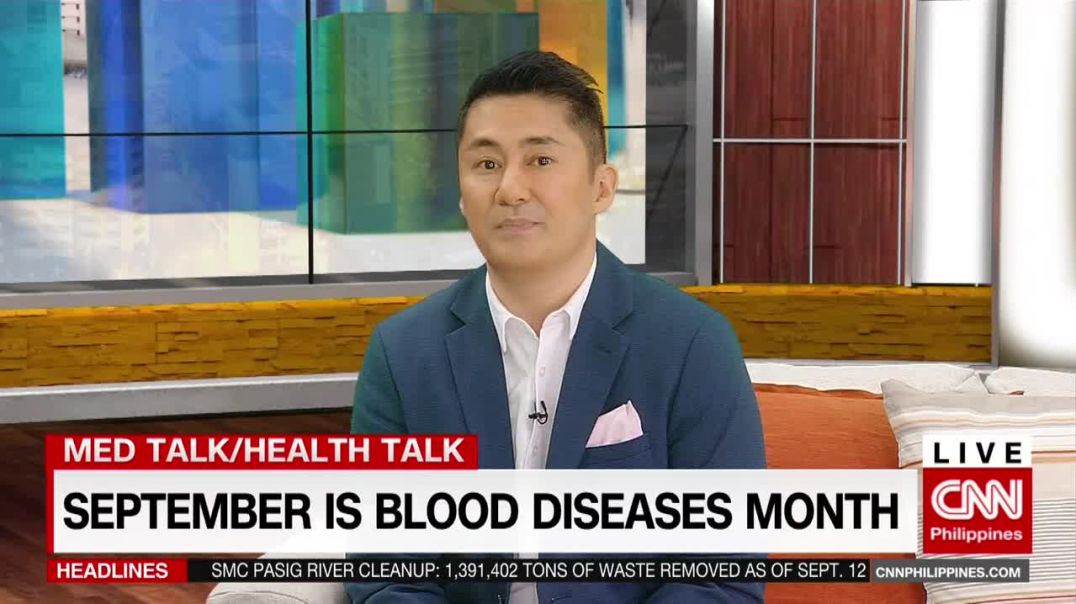What is Chronic Lymphocytic Leukemia?
Inside the hollow area of the bones is a spongy core called bone marrow. It is here, that stem cells are produced. Stem cells are immature cells that can develop into components of blood: red blood cells, which carry oxygen to the body; white blood cells or lymphocytes, which fight infection; and platelets, which helps blood to clot. Chronic Lymphocytic Leukemia (CLL) is a type of cancer in which the bone marrow produces too many lymphocytes. The term “chronic” means the cancer cells multiply slowly, and the disease takes a long time to develop. In CLL, the lymphocytes produced are abnormal and are not able to fight infection. As the number of these abnormal lymphocytes increase in the blood and bone marrow, fewer healthy white blood cells, red blood cells, and platelets are produced. This can cause the symptoms of fatigue, recurring infection, anemia, and easy bruising. Chronic Lymphocytic Leukemia usually does not produce symptoms in the early stages. Treatment and prognosis depend on the stage and extent of the disease. Standard therapy includes “watchful waiting,” chemotherapy, radiation therapy, surgery, and monoclonal antibody therapy. Bone marrow stem cell transplantation is another type of therapy that is being tested in clinical trials. Chronic Lymphocytic Leukemia is the second most common leukemia in adults, and most often develops after middle age. CLL is not common in children. Your doctor is the best source of information regarding treatment for your condition. It is important to discuss with your doctor which therapy, if any, is most appropriate for you























SORT BY-
Najbolji komentari
-
Najnoviji komentari